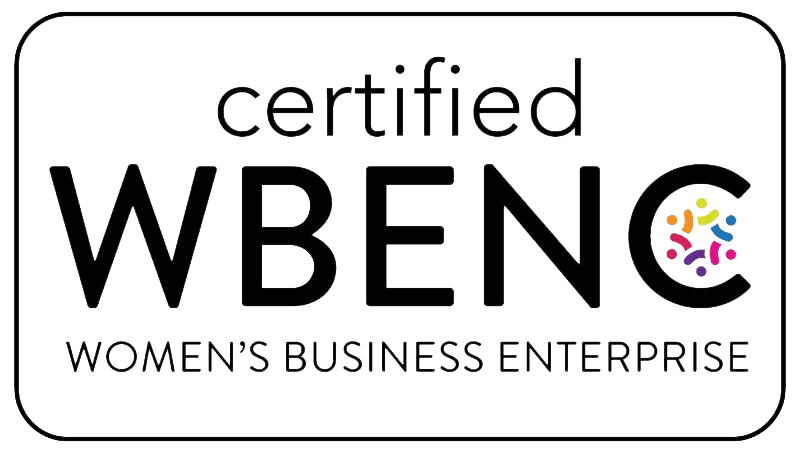From AI-powered hiring systems to eLearning platforms, technology is reshaping how we work, train, and connect. But as organizations race to implement new tools, there’s a risk of losing sight of what matters most: human experience.
At MYCA, we use technology, including artificial intelligence, to enhance learning, not to replace the essential human elements that build trust, inclusion, and behavioral change.
How We Use AI Responsibly and Creatively
Yes, we use AI, but not blindly.
We use it to:
- Generate drafts of training content or scripts for faster brainstorming
- Suggest layout options and visual treatments for better accessibility
- Assist with video captioning and transcription
- Speed up QA checks for formatting, spelling, and 508 compliance
But here’s what we don’t do:
- We don’t publish raw AI-generated content
- We don’t outsource empathy to algorithms
- We don’t ignore bias in training datasets or default language models
Every AI-assisted idea is reviewed, rewritten, and restructured by our instructional designers, subject matter experts, and accessibility specialists. AI is our starting point, not the destination.
Because effective training, especially around complex topics like inclusion, ethics, or customer service, requires deep understanding of context, tone, and the lived experiences of real people.
Why the Human Touch Still Matters
Ever scroll past a product review that sounds just a little too polished? Or see a photo of a person that feels eerily perfect, like their eyes don’t blink and their teeth gleam just a bit too much?
Chances are, it’s AI-generated and you can feel it.
That same uncanny effect happens in training when AI is overused. The words might technically be right, but the tone, nuance, and emotional resonance just aren’t there. Learners can tell when something’s been written about them vs. written for them.
At MYCA, we use AI as a jumpstart, but we never let it be the final word. Every module, every voiceover, every scenario is crafted and reviewed by real people, so it reflects real workplaces, real challenges, and real emotions.
Because just like that “too-perfect” image, training without a human voice can leave people feeling disconnected or even suspicious. Our job is to build trust through training, not just push content.
Building Accessibility into Every Experience
At MYCA, accessibility is baked into every course we design, not just for compliance, but for inclusion. Whether someone is navigating with a screen reader, using captions, or learning in a second language, we ensure training is:
- Keyboard navigable and WCAG 2.1 AA compliant
- Formatted for readability and focus
- Available in multiple formats, including transcripts, alt-text visuals, and downloadable guides
- Reviewed by humans, not just auto-checkers, to catch barriers that algorithms can’t
- Technology should expand access, not create more walls.
The Future Is Human
We believe the most effective workplaces of tomorrow will be tech-enabled, but people-first. They’ll use tools like AI to make work smoother and smarter, but never at the cost of empathy, equity, or human connection.


